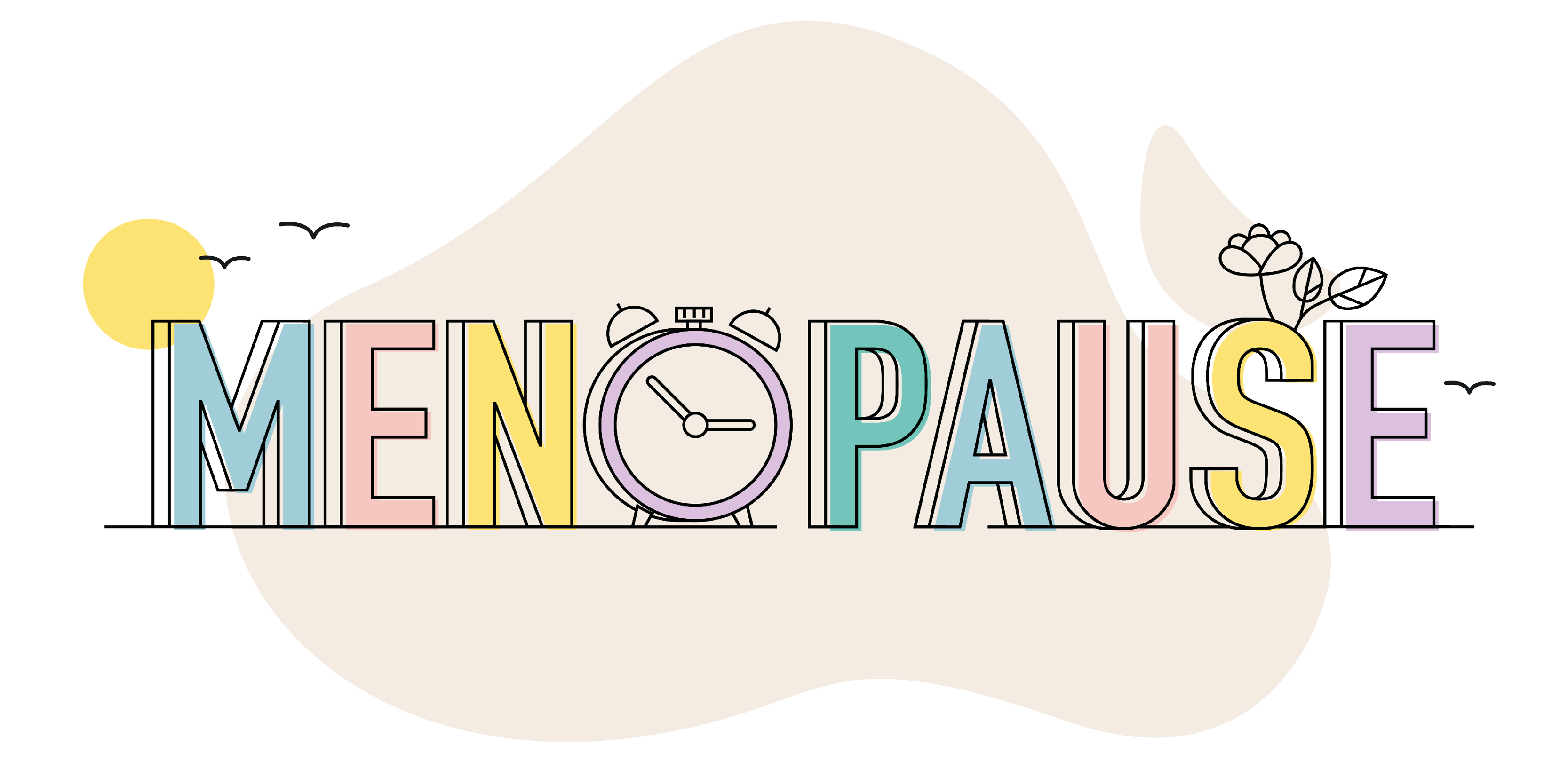Menopause

What is the menopause?
The menopause is a natural part of ageing when menstruation stops. It usually occurs between 45 and 55 years of age. In the UK, the average age to reach the menopause is 51.
Perimenopause refers to the time leading up to menopause when menstrual cycles become irregular due to fluctating hormone levels. The average length of the perimenopause is 4 years. Some people may only be in this stage for a few months while others could be in this transition phase for longer. If you’ve gone more than 12 months without a period, you are no longer in perimenopause and have reached the menopause.
Whilst the menopause is a normal part of ageing, it’s not always an easy transition. 30-60% of people experience intermittent physical and/or psychological symptoms which can have a significant impact on their daily life. Finding the right support and advice to understand and manage symptoms can make a positive difference both at home and at work.
Workplace support and guidance
- Menopause in the Workplace: Guidance for Individuals provides information, advice and signposting to University - and external – support services for those who are going through, or approaching the menopause.
- Menopause in the Workplace: Guidance for Managers has been developed for managers, supervisors and colleagues to learn more about the menopause and understand the symptoms and impact of the menopause to support staff effectively.
- Menopause in the Workplace OD&PL sessions run monthly and are available to all staff, irrespective of age or gender. These workshops aim to raise awareness and develop a culture within the organisation so conversations about the menopause are normalised.
- Our Menopause for Thought Cafés create a safe, respectful and confidential space to discuss the menopause. Cafés take place each month – in person and online – and are open to everyone.
Where to get personal support
Those who find their menopausal symptoms are affecting their wellbeing and their capacity to carry out their work are encouraged to seek support. This may include:
- Seeing your GP for advice on available treatment options.
- Discussing your practical needs with your line manager, HR or another manager you feel comfortable talking to.
- Seeking advice from the Occupational Health Service. Staff can make a self-referral but the University will not be able to implement any recommendations for work place adjustments unless the individual gives consent for a management referral which will usually be initiated through HR. Occupational Health will advise on this as necessary.
- Seeking support from the Workplace Counselling team. This service is completely confidential and staff are able to contact the service through a self-referral.
External sources of information
- The British Menopause Society: educates, informs and guides healthcare professionals in all aspects of post reproductive health
- The National Institute for Health and Care Excellence (NICE): these guidelines explain how your GP will determine what types of treatments and interventions they can offer you.
- The National Health Service: provides an overview of menopause.
- The Royal College of Obstetricians and Gynaecologists: offer further information in a dedicated area of their website.
- Henpicked: provides information on managing the menopause and personal insights.
- The Faculty of Occupational Medicine: provides information about menopause within the workplace.
- The British Nutrition Foundation and the the Association of UK Dieticians: provide advice on managing symptoms through healthy eating and lifestyle.
